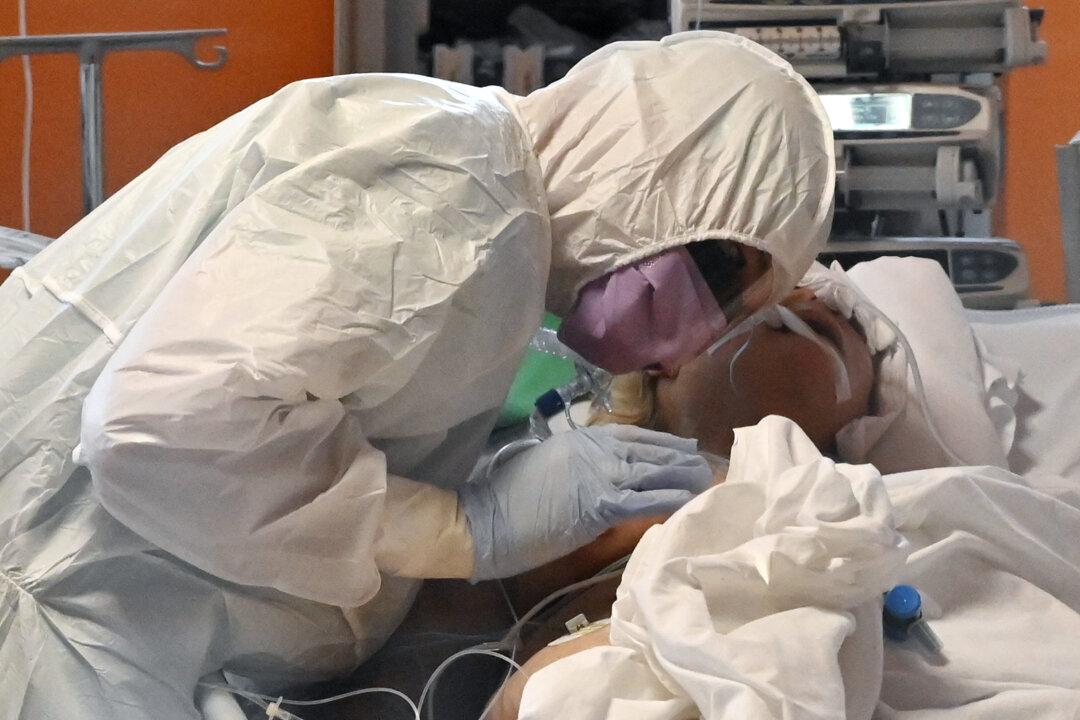The number of CCP (Chinese Communist Party) virus cases in Italy is probably 10 times higher than the official tally, the head of the agency collating the data said on March 24 as the government readied new measures to force people to stay at home.
The Epoch Times refers to the novel coronavirus, which causes the disease COVID-19, as the CCP virus because the Chinese Communist Party’s coverup and mismanagement allowed the virus to spread throughout China and create a global pandemic.





